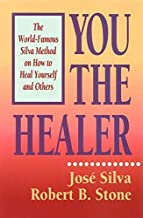THE BURDEN OF GUILT – A LIFETIME OF PAIN
The Burden of Guilt is one of the worst of our emotions. Why? Because very often it’s something we feel we can’t remedy. We can’t go back and change the past.
and change the past.
The event, of course, is in the past and the person involved may be physically dead or your relationship is so dead that the other person is deaf to your explanations or pleas for forgiveness.
You may go over and over in your mind the circumstances leading to the traumatic situation; examining what you did wrong and what you should have done to avoid what happened.
My story
I’ll tell you my personal story and what I did to overcome the crippling pain of guilt.
In her late 80’s my Mother had a fall in her hallway, followed by an eight-week stay in hospital and then a three-month period living with me and sleeping in my downstairs spare bedroom.
She had been living in sheltered accommodation in her own apartment, which had a manager who checked on her by intercom each day, so I thought it was safe for me to just go there every few days. Unfortunately, when she fell she didn’t tell anyone. When the manager called her, she just said she didn’t feel well; she didn’t tell him she was on the floor, so she had 3 days with no food or water.
That was the first of my guilt triggers. I really felt guilty that I hadn’t been round to see her for 3 days. I only lived round the corner, and I could have gone more often; but I had a full-time job, a family and household duties that took a lot of my time; but I still felt bad.
Whilst in the hospital, they gave her overdoses of drugs that put her into a near coma; so I went there at 8 am each morning and made sure they stopped giving her that drug, and she came round again.
They then gave her laxatives, which she didn’t need, giving her days of painful diarrhea. I again had to complain and stop them giving them to her.
Finally, they gave her Beta blockers which, as soon as she stood up, made her pass out. She fell twice in 12 hours, smashed her head on the hard hospital floor, and had two lacerations to her scalp requiring attention.
Eventually, they got fed up of my interference and let her come home with me, but she was a shadow of her former self. I felt guilty for letting her stay in hospital. I wished I had just brought her home after the first few days of them rehydrating her.
She had vascular dementia; something I didn’t pick up on in the early days, and merely passed her forgetfulness off as normal old age; so when she came to live with me, she needed 24-hour care. I slept on the settee so that I could be there when she needed me. She would be awake half the night wanting the toilet and then, when she got there, she didn’t need it.
It was exhausting and eventually, and reluctantly, I had to arrange for her to go into a care home. My guilt trip just went up a notch.
They didn’t care for her the way I had. They would just put her food in front of her and take it away if she didn’t eat it, so every morning before work I would make her some porridge, go to the home and spoon-feed it to her.
She sat with her eyes closed most of the time and cried intermittently.
The final arrow to my heart was when she developed a horrendous bed sore on her coccyx, which culminated in her flesh necrotising and the nurse having to cut a big hole at the base of her spine.
I was besides myself with guilt; I felt I should have kept a better eye on her physical state.
My Mum was eventually released from her suffering by dying in a morphine induced deep sleep.
As I sat there with her that morning, I held her frail hand and told her not to stay for me. I would miss her, but I didn’t want her to suffer any more. She went that night.
The whole episode took a year to play out. A year of awful and avoidable suffering for her.
I really felt I had let her down.
The next five years went by with a cloud hanging over me and a lead weight on my chest.
The decision
Every time my Sister visited from Dublin, I would cry my eyes out and burden her with my regret and guilt, till eventually, after those five years, I decided that was it.
I made a conscious decision to stop crying; it didn’t help anyone, it made me feel worse and hurt those around me; and that’s what I did – I just stopped.
Time to heal
I still felt bad, but I didn’t pass that onto others who could do nothing to help me. Now it was time to actually change how I felt.
Even now ten years on, in low moments, I can shed a tear or two when I think of what she went through. It’s only natural to be hurt by what has hurt a loved one, but I don’t let it affect me the way it did in the past on a daily basis.
What we have to avoid is getting into the sadness habit. We wear grooves into our brains of habitual thoughts and emotions and, as Tony Robbins says, we have to “Change our State”.
Change the script
If, when we think of a person or event, we let ourselves automatically go through a range of emotions and actions, it’s like a 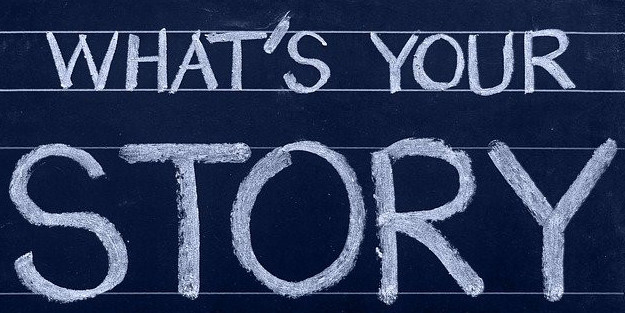 script we’ve written for ourselves that we repeat over and over again.
script we’ve written for ourselves that we repeat over and over again.
My Mum had a friend called Kathy whose husband had left her in her early twenties when her daughter was a baby. He continued to support her financially, but the relationship was over.
My Mum met her when she was in her early 80’s, and Kathy was still gripped by the trauma of the event. She spoke of it daily and incessantly, and it colored her whole life. She hung onto the grief of losing her marriage tenaciously.
Grief and guilt are two very similar emotions and, if we hang onto them, they can ruin our lives.
At some point, we have to make a conscious decision to change how we think and feel about these events and try to look at the facts rather than the fantasy of the memory.
For instance, I focused entirely on the things I didn’t do right and the things I did do wrong for my Mum.
- I didn’t visit her as often as I could have
- I didn’t bring her home from the hospital as quickly as I could have
- I didn’t monitor her physical state the way I could have
I totally ignored all the things I did do for her
- I went into the hospital and challenged her drug regime
- I cared for her at home until I physically couldn’t do it anymore
- I went into the care home and fed her to try to help her get strong
We are harder on ourselves than anyone else would be and we have to accept that, whether we like it or not, some things are outside of our control.
We have to forgive ourselves. We are human and certainly not perfect; no-one is.
Chronic feelings of guilt are damaging; they drag us down and stop us from living a normal life.
It’s as though we don’t deserve to be happy, and we punish ourselves long past the time when we should have let it go.
Help is out there
But we don’t have to suffer alone; there are things we can do to dissolve this burden of guilt, and we owe it to ourselves and our friends and families to do this.
our friends and families to do this.
Once we’ve learned the techniques, we can pass this gift onto others who may be suffering in similar ways.
Here is what helped me:-
EFT
- This stands for Emotional Freedom Technique and it has been used over the years to overcome all sorts of trauma, including PTS syndrome.
- It works on the subconscious mind to release the effect of stored painful memories so that we can look at them without feeling the attached emotion; and we can think of our loved ones who have passed or a person we have failed without the accompanying pangs of emotional pain that have afflicted us for years. We can learn from our mistakes instead and move on.
- The website for this is www.thetappingsolution.com and, as the name implies, the therapy involves tapping on meridian points on the face, head, chest and upper body, which in turn stimulates our neural network to respond in a different way. The effects are amazing.
- There is a lot of free information on the website that can get you started, and a wealth of publications for you to refer to, to help you overcome any trauma that is troubling you.
- You can also get EFT practise on YouTube. Just search, choose your video and follow the instructions. So easy.
THE SILVA METHOD
- This is my favorite. It’s quick, easy and effective.
- There are various techniques within the Silva method, but the one I use the most is the Mirror of the Mind.
- The training teaches you how to relax your mind and body in preparation for this visualization and meditation session; you then imagine there are 3 mirrors in front of you.
- Looking in the one to the right, you see yourself as you are, with the problem you have; so maybe crying every night because of this memory or just feeling weighed down by guilt day in day out – and you say to yourself “I don’t want to be like this”.
- You then think about what you would need to do to change this; so maybe imagine being face to face with the person concerned and asking for and receiving their forgiveness.
- The second stage is to look into the middle mirror and imagine yourself carrying out those healing actions, culminating in a hug or just a handshake and a smile.
- Finally, in the far-left mirror, you see yourself relieved of this burden. Feel the happiness and lightness of spirit of this release.
- Each stage can last as long as you want it to, minutes or hours, whichever helps you the most; and the technique can help with physical problems as well as psychological and emotional ones.
This is just one of the techniques. If this doesn’t float your boat, there are others in the Silva family that may suit you better. Just taking the first step is what’s important. www.silvamethod.com
Maxwell Maltz, the creator of Psycho Cybernetics, says we should see the world with kind eyes; we should be kind to ourselves and others; silence the critic within – don’t criticize yourself and don’t criticize others. I think he’s right.
We have a limited time on this earth and it’s up to us how we live our lives. We aren’t automatons and can choose how to react to the rocks life throws at us if we really want to.
It’s up to you.
Do you want to live a creative, productive, happy life, learning from mistakes, using that information and then moving on, or do you want to live a miserable, restricted, negative life, weighed down by your mistakes?
Someone I know’s favorite saying is “Life’s a bitch and then you die”. What a sad and awful way to live. Not exactly guilt, I know, but an example of how State of Mind can dictate how you experience life.
The choice really is yours
You can make a fabulous contribution to the world; make it a better place for you being in it, or you can waste it wallowing in self-pity, grief and guilt.
Which will you choose?
Anne xx



 spoonfuls of sugar in our coffee. So many of us are addicted and have absolutely no resistance to this seductive confection we call sugar; so what does sugar do to your body?
spoonfuls of sugar in our coffee. So many of us are addicted and have absolutely no resistance to this seductive confection we call sugar; so what does sugar do to your body?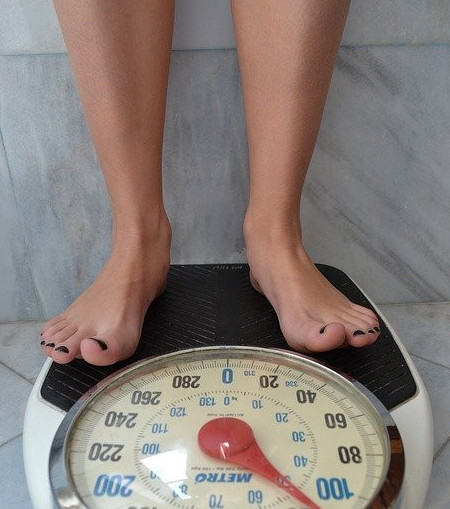
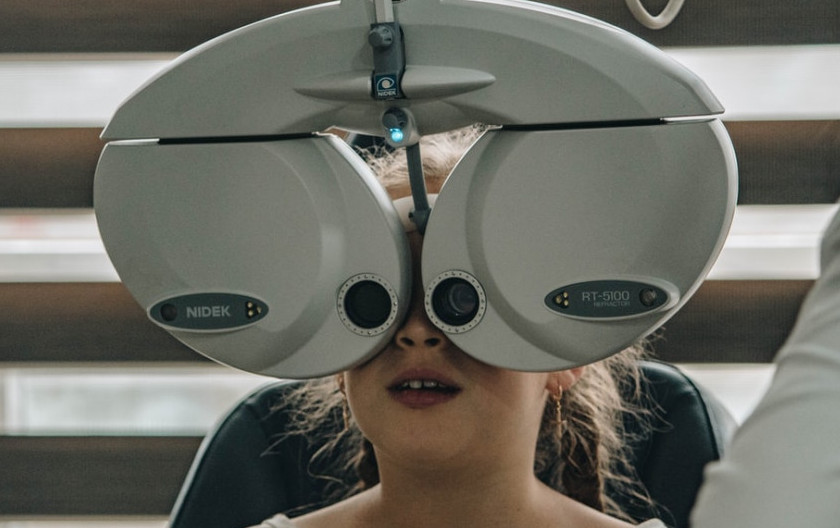
 hours or less a night are a third more likely to develop diabetes. Lack of sleep increases cytokines, the chemical messengers that direct the inflammatory process. Cytokines can also increase insulin resistance. Sleep disorders such as SDB (Sleep Disordered Breathing), Sleep Apnea and regular deep snorers boost the levels of the hormone catecholamines, which may also lead to insulin resistance, thus raising blood sugar. The old adage “Early to bed, early to rise, makes a man healthy, wealthy and wise” may be a good one to follow. Once you habituate your body into having a good 8 hours sleep a night, you should see a marked improvement in general health, including blood sugar levels.
hours or less a night are a third more likely to develop diabetes. Lack of sleep increases cytokines, the chemical messengers that direct the inflammatory process. Cytokines can also increase insulin resistance. Sleep disorders such as SDB (Sleep Disordered Breathing), Sleep Apnea and regular deep snorers boost the levels of the hormone catecholamines, which may also lead to insulin resistance, thus raising blood sugar. The old adage “Early to bed, early to rise, makes a man healthy, wealthy and wise” may be a good one to follow. Once you habituate your body into having a good 8 hours sleep a night, you should see a marked improvement in general health, including blood sugar levels. exercise a week (21 minutes a day). Moderate exercise – walking, biking, swimming, tennis etc is enough to improve your odds.
exercise a week (21 minutes a day). Moderate exercise – walking, biking, swimming, tennis etc is enough to improve your odds.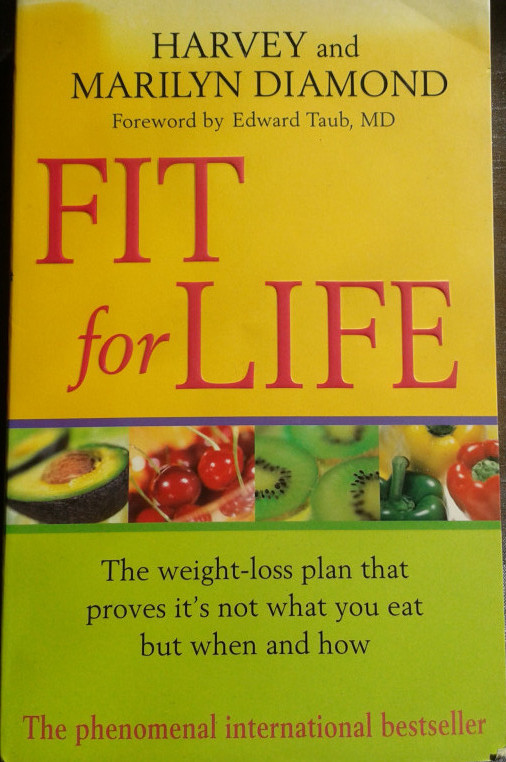 about combined eating. It didn’t specifically ban processed sugar, but the way of eating was so healthy that my usual favorites were overtaken by healthy ones.
about combined eating. It didn’t specifically ban processed sugar, but the way of eating was so healthy that my usual favorites were overtaken by healthy ones.
 commitment to certain ideas.
commitment to certain ideas.
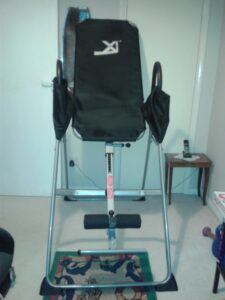





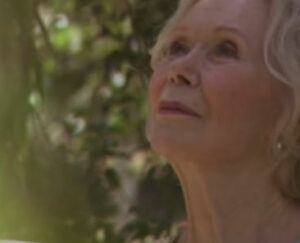 her life and tireless work for us, her fellow humans in helping us with our own self-improvement and motivation.
her life and tireless work for us, her fellow humans in helping us with our own self-improvement and motivation.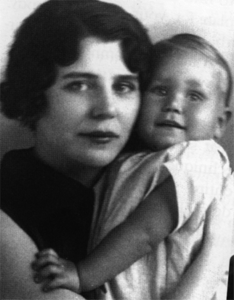 of 5 she was raped by a neighbour. The ensuing court case was terrible for her; not just because of the trauma of events, but because she was made to feel that it was her fault.
of 5 she was raped by a neighbour. The ensuing court case was terrible for her; not just because of the trauma of events, but because she was made to feel that it was her fault.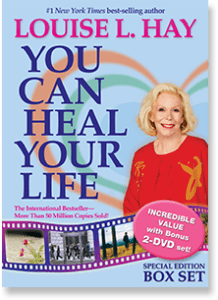 and under each heading there will be a massive range of books and CD’s available to you in subjects such as Affirmations, Motivational and Inspirational quotes, Change, Laws of Attraction, Love, Grief, Stress, Confidence, Fear, Anger.
and under each heading there will be a massive range of books and CD’s available to you in subjects such as Affirmations, Motivational and Inspirational quotes, Change, Laws of Attraction, Love, Grief, Stress, Confidence, Fear, Anger.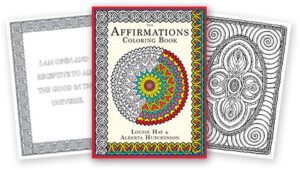 physically, mentally and spiritually.
physically, mentally and spiritually. mobile phone too, so your access to Hay House is seamless and far reaching.
mobile phone too, so your access to Hay House is seamless and far reaching. lots of great content on it.
lots of great content on it.






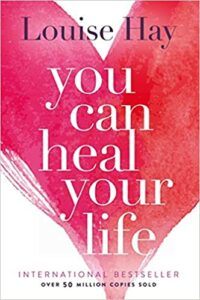






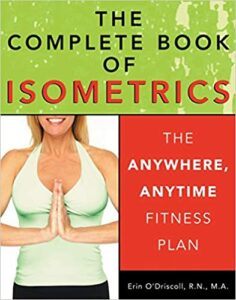 aside specific time.
aside specific time.